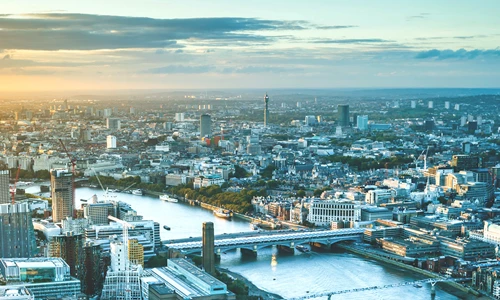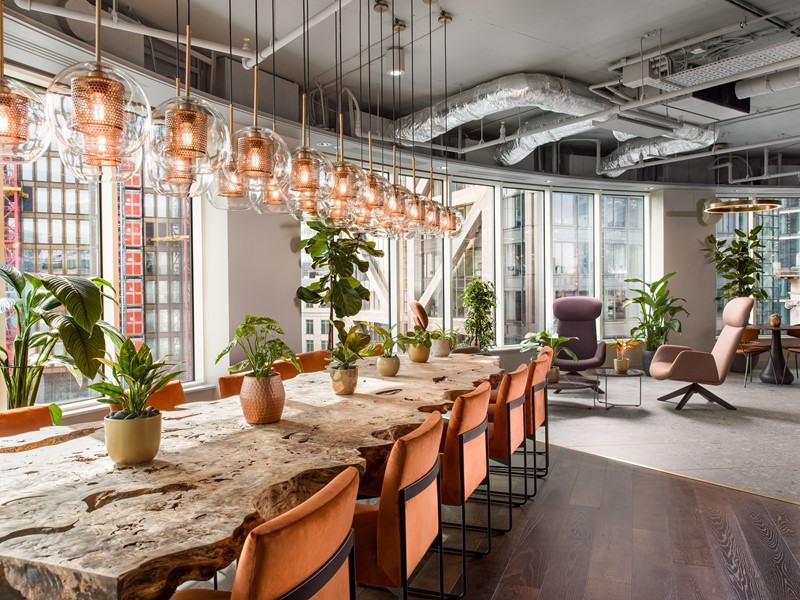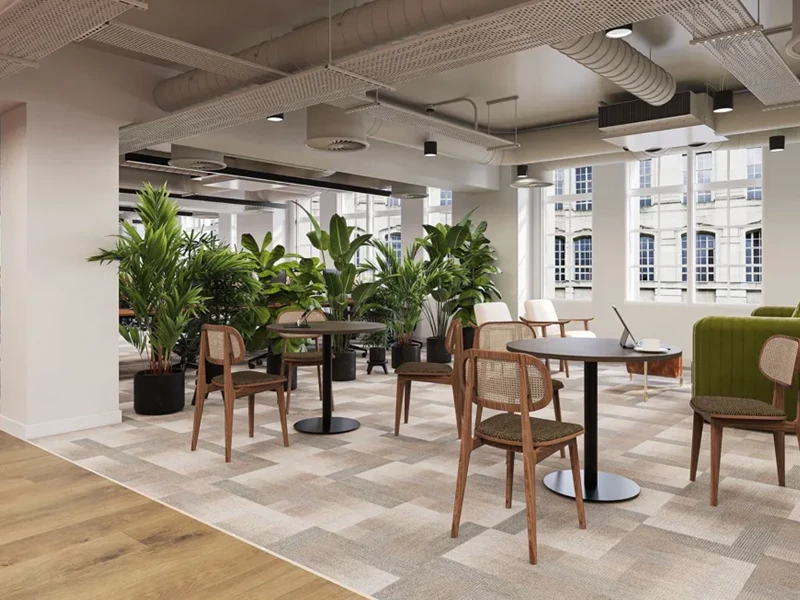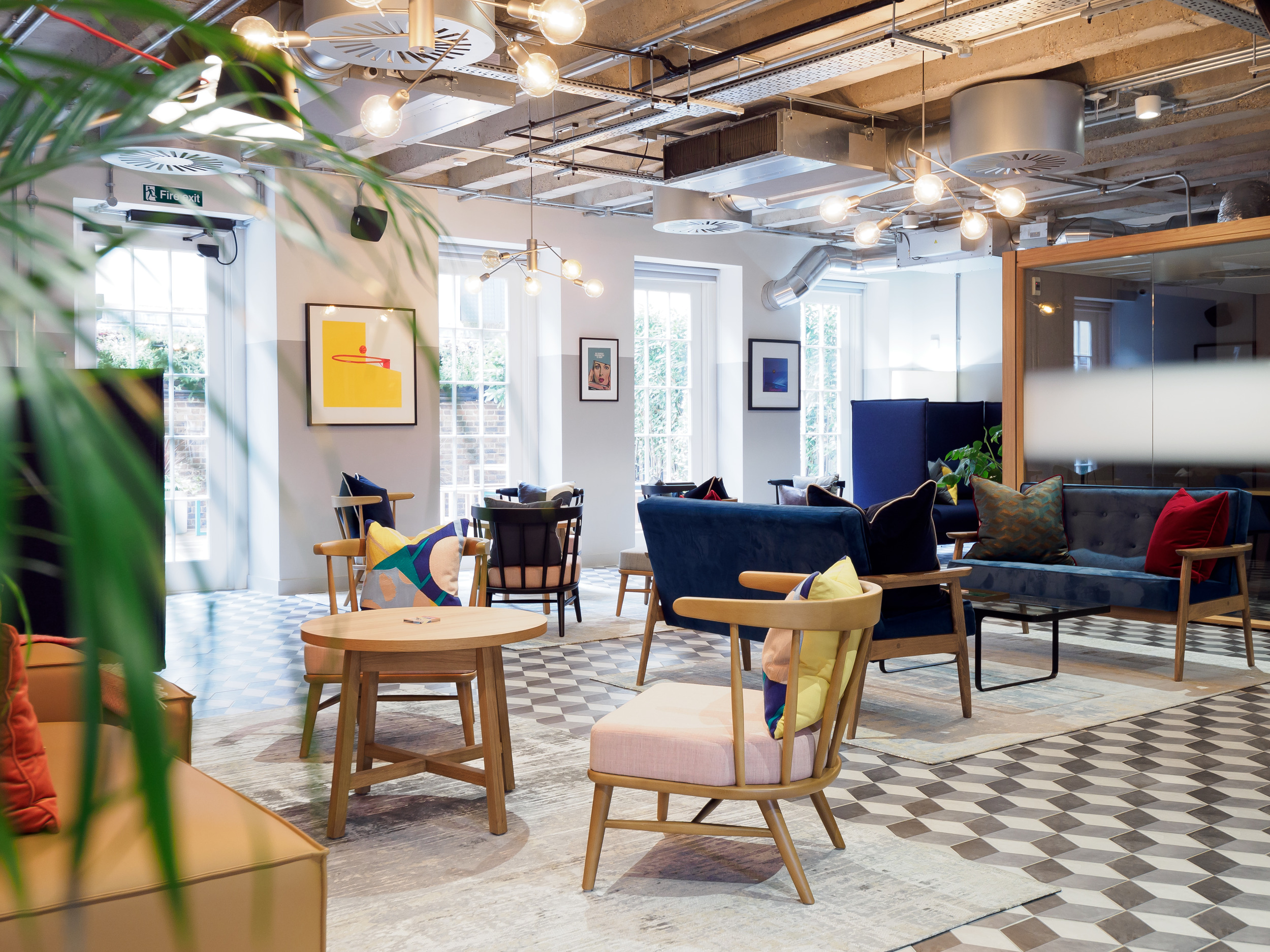As part of our series to find out how flexible office providers are addressing ESG (Environmental Social Governance) within their spaces we caught up with David Korman, Leasing Manager at GPE to find out more.
Tell us a bit about your business / offer
GPE’s Flexible Office offering was in response to changing occupational requirements and is an alternative to typical serviced offices. Our Fully Managed spaces cater to the increased demand for workspace less than 10,000 sq ft, and can support larger demand within our portfolio. We have been offering our Fully Managed spaces since 2018. Our spaces are designed by GPE’s in-house experts and are tailored to each business, and also include on-site service which are operated and maintained by GPE, all packaged into one monthly bill.
Having joined GPE as a Leasing Manager in 2020, my role focuses on leasing our flexible workspace portfolio. GPE’s approach was invigorated following the successful launch of our first Fully Managed building at 16 Dufour’s Place, Soho.
Recently, GPE has a new target to grow our share of the flexible office spaces to more than 1 million sq ft through new building purchases and adapting our current portfolio. This is an incredibly exciting time for us, as we continue to respond to the market growth in this sector.
Are you addressing sustainability in the way you operate your business, and if yes what does this include for you?
Absolutely – sustainability sits at the core of who we are and what we do for our customers. Sustainability is a huge landscape to navigate but at GPE, our approach is straightforward. We are decarbonising our business to become net zero by 2030, whilst integrating climate resilience across our spaces and business processes. This means delivering on our energy reduction programme (guided by a target of 40% less consumption by 2030), providing renewable energy across the portfolio, and embedding circular economy principles across the business. While adding pre-loved furniture to our buildings, to reducing the embodied carbon of the steelwork by up to 99% at French Railways House (180P), W1. The latter involves us dismantling over 1,500 tonnes of structural steel for reuse.
We see it as our responsibility to play a part in creating a more sustainable city, but also internally and for our partners and our customers who all wish to live and work in a more climate-resilient society.









